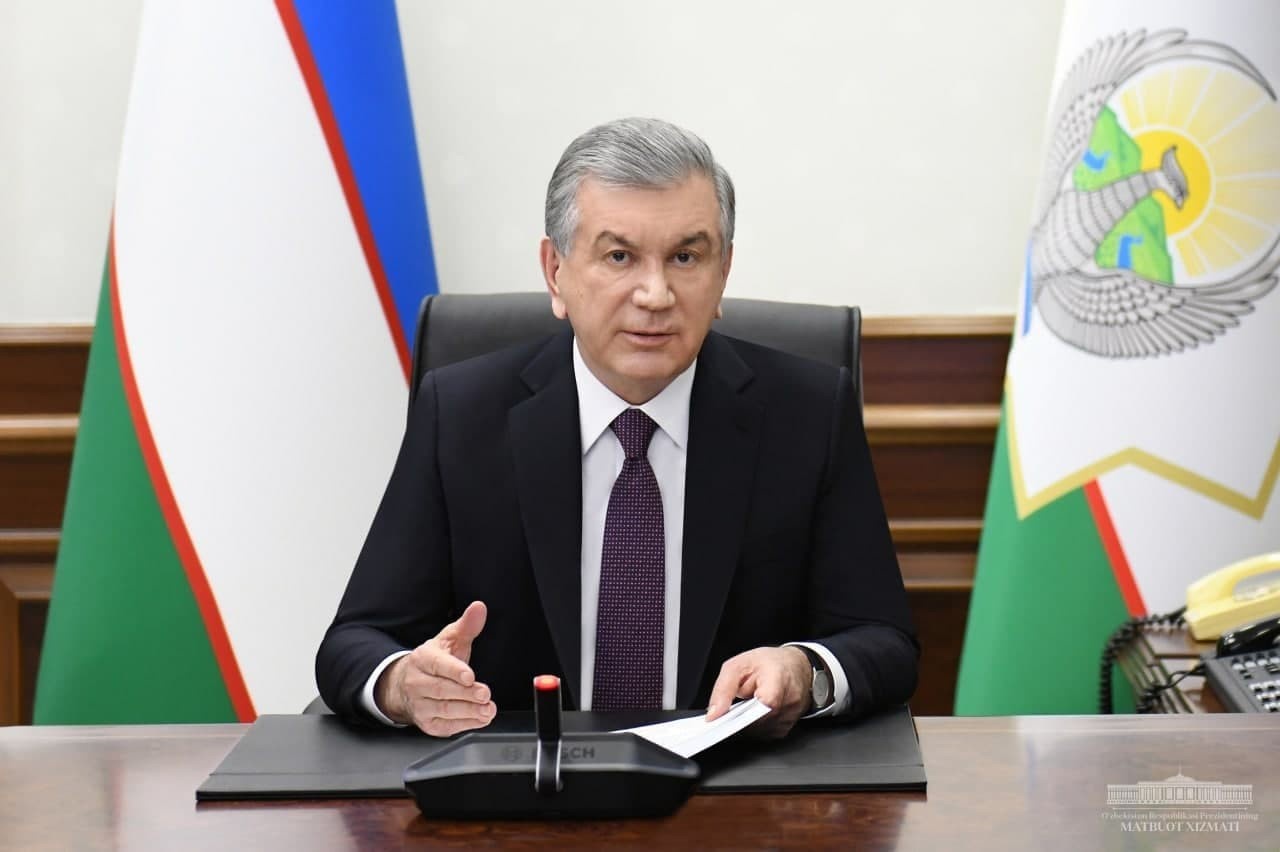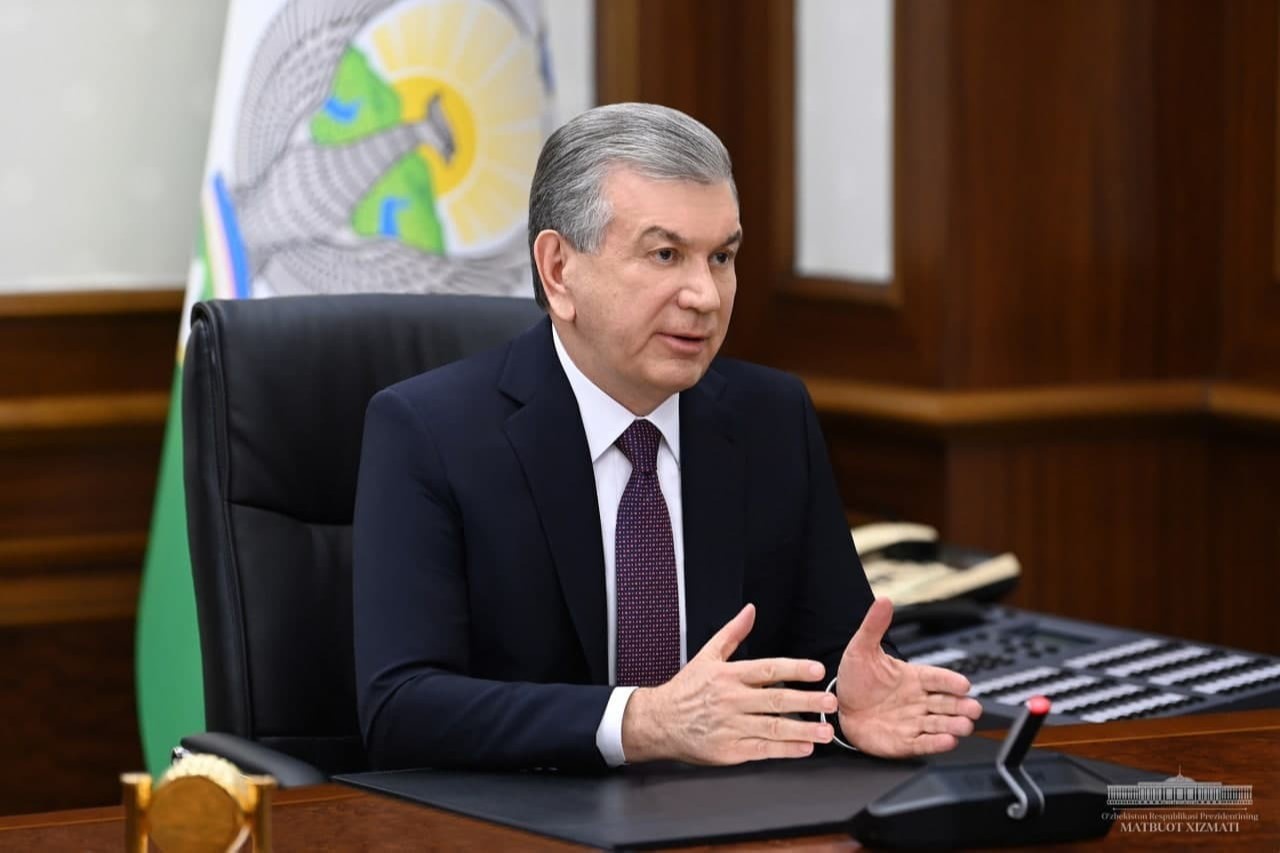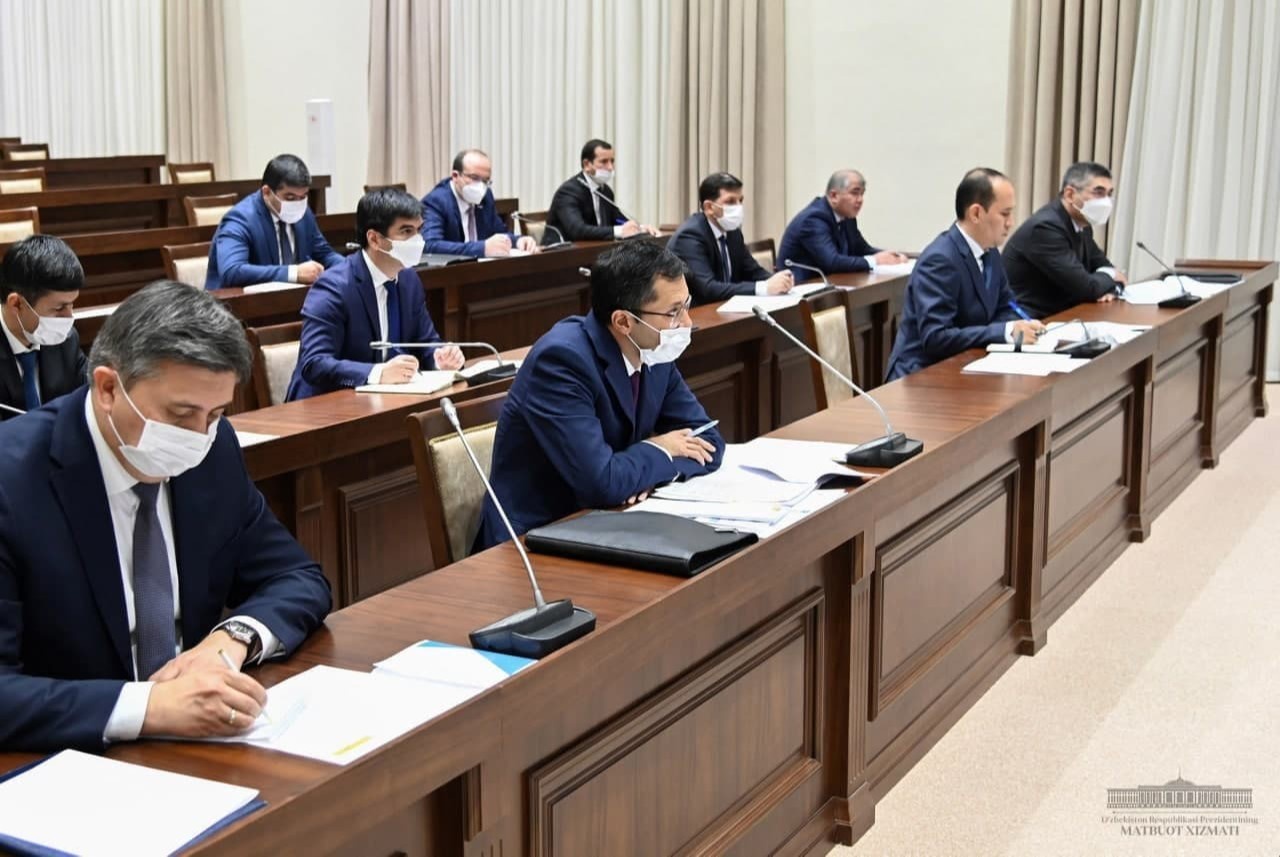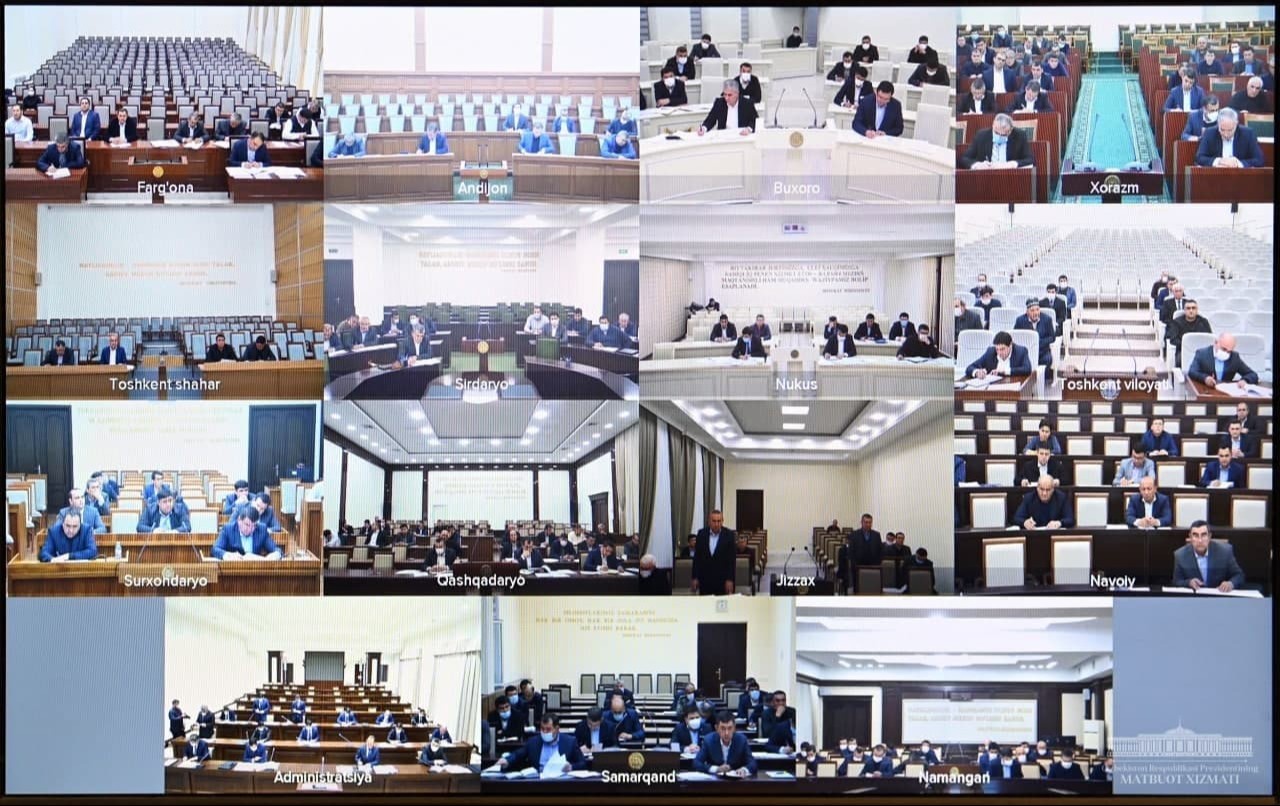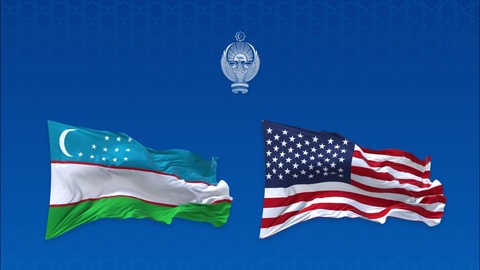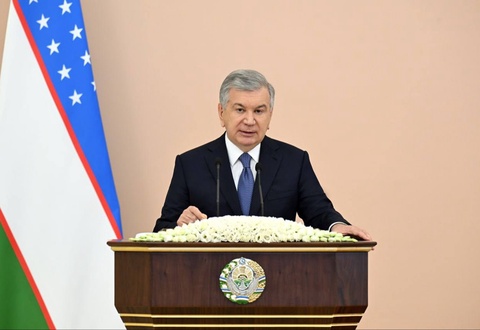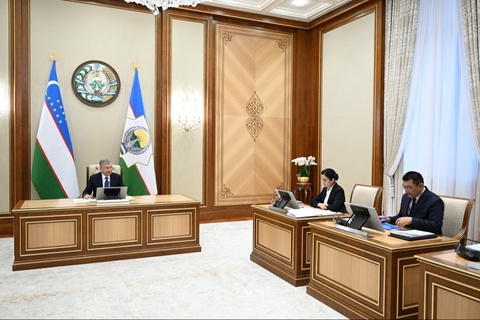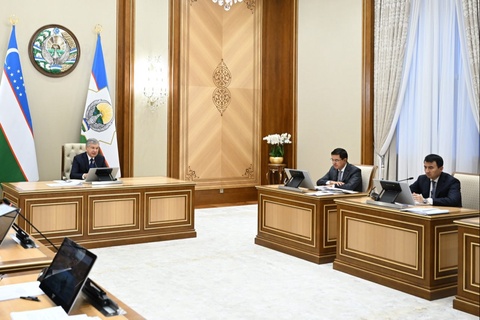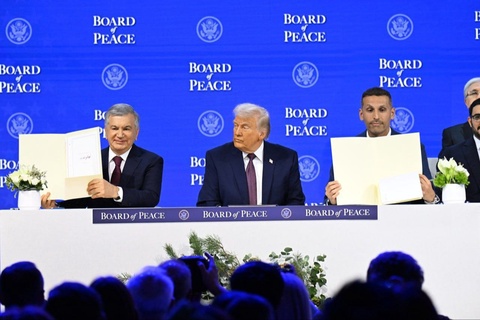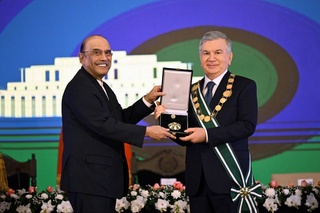The Head of the state focused on the problematic issues that remain in the field of food security, despite the resolution of financial issues and the creation of all opportunities for food provision of the population. It was noted that the issues of eliminating the shortcomings, the formation of sufficient food stocks in the entrusted territory and ensuring price stability should be the focus of attention of hokims at all levels.
Over the past five years, as a result of the implementation of 1,016 projects worth 2.2 trillion UZS in the country’s fishing industry, the volume of fish harvesting has increased 6 times and this year will reach 400 thousand tons. Compared to 2016, fish consumption increased 5.7 times.
“The global rise in food prices and inflationary risks clearly indicate that food security will remain the most pressing issue next year. Therefore, the regional hokims should analyze the state of fish farming in their region and systematically work to create all conditions for entrepreneurs and households”, the President said.
It was noted that these indicators are not enough. The available opportunities are not being fully used.
Thus, the productivity of fish farming is only 3-4 tons per hectare in Navoi, Namangan, Syrdarya, Fergana and Tashkent regions. This is since the volume of intensive fish farming in these regions does not exceed 10 percent of the total production.
In this regard, the issues of intensification of artificial reservoirs, development of clusters and cooperation in the industry were considered. The task is set to increase fish production to 600 thousand tons next year.
For this purpose, intensive fish farming will be organized in 10 thousand households next year based on Sharof Rashidov district experience. Clusters that grow more than 80 tons of fish per year based on cooperation will be exempt from taxes for a period of three years. And clusters that have attracted foreign specialists will be compensated for part of the costs.
The volume of loans allocated to domestic fish producers under the program “Every family entrepreneur” will be doubled, and next year 400 billion UZS and $20 million will be allocated for these purposes.
The rate of land tax and the property tax for owners of households engaged in fish farming will be reduced by 50 percent, and they will be transferred to the category of self-employed.
Instructions were given to conduct an experiment in teaching fish farming to the population in Yangiyul and Quyichirchiq districts and to implement its results in Navoi, Syrdarya and Fergana regions from June 1 next year.
It is also planned to attract 20 million euros for major projects in fish farming.
The need for increasing the productivity of 21 thousand hectares of low-yielding artificial reservoirs and harvesting an additional 190 thousand tons of fish in them was emphasized. To this end, an instruction was given to equip 2.2 thousand farms with aerators in the amount of 50 thousand.
Responsible persons were instructed to use these opportunities to increase the number of new projects and increase production to create jobs and saturate the domestic market with fish products.
The heads of the industry and regions reported on the work carried out in the fishing industry and informed about plans for 2022.


